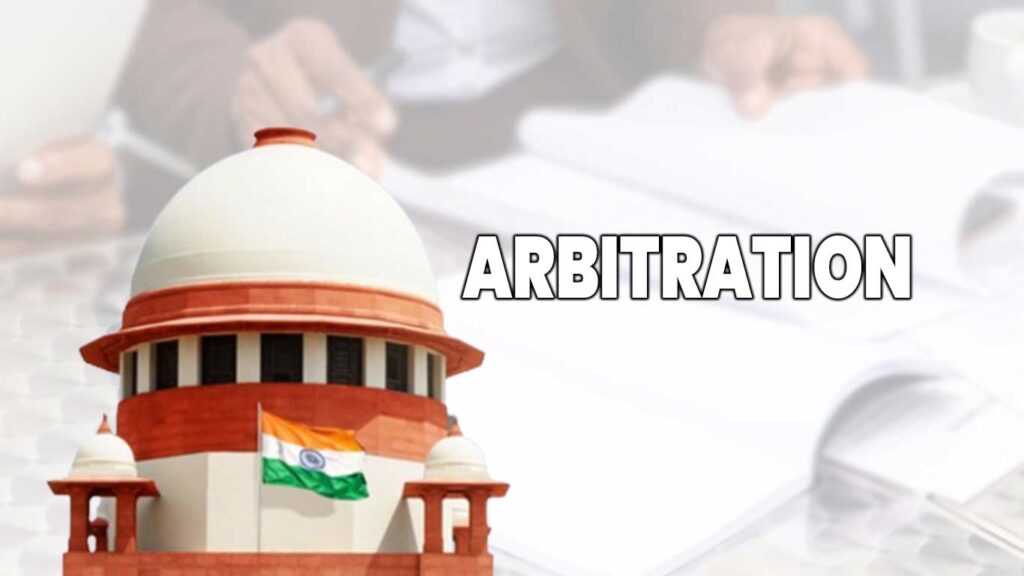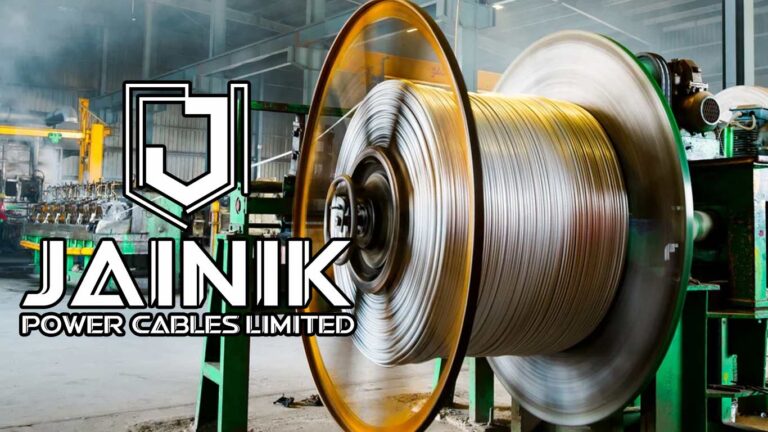New Delhi, May 1 (KNN) In a ruling, the Supreme Court has held that an arbitration award passed after the approval of a resolution plan by the National Company Law Tribunal (NCLT) is not executable if the underlying claim was not included in the plan.
As a result, it set aside the orders of the Jharkhand High Court and the Executing Court and quashed the execution proceedings pending before the Commercial Court, Bokaro.
In Electrosteel Steel Ltd (now ESL Steel Ltd) vs Ispat Carrier Pvt Ltd [Civil Appeal No. 2896 of 2024], the Court reiterated that once a resolution plan is approved under Section 31(1) of the Insolvency and Bankruptcy Code (IBC), all claims not forming part of the plan are extinguished and cannot be pursued or enforced through arbitration or other proceedings.
The case arose from claims made by Ispat Carrier, an MSME, which had supplied equipment to Electrosteel under two purchase orders. When payments were not made, Ispat Carrier approached the West Bengal MSME Facilitation Council, which initiated arbitration.
However, the proceedings were stayed following the NCLT’s moratorium imposed on July 21, 2017, under the IBC.
A resolution plan proposed by Vedanta Ltd was approved by the NCLT on April 17, 2018, which provided nil value for operational creditors’ claims, including Ispat’s. The company did not challenge the plan’s approval.
Following the lifting of the moratorium, the Facilitation Council resumed arbitration and passed an award on July 6, 2018, in favour of Ispat Carrier.
Electrosteel did not file a challenge under the Arbitration and Conciliation Act but objected to execution, arguing that the claim had been extinguished under the resolution plan.
The Executing Court and the High Court rejected this argument, but the Supreme Court overruled them.
It emphasized that extinguished claims cannot be revived post-approval of a resolution plan and that execution courts can entertain objections under Section 47 of the Civil Procedure Code if the award is found to be a nullity.
The judgment relied on prior decisions such as Essar Steel, Ghanashyam Mishra, and JSW Steel, reinforcing the principle that successful resolution applicants should not be burdened by undecided or excluded claims after plan approval.
(KNN Bureau)















